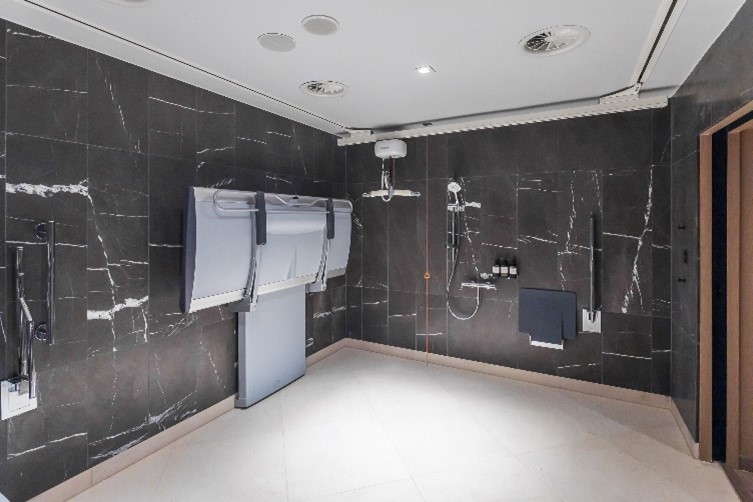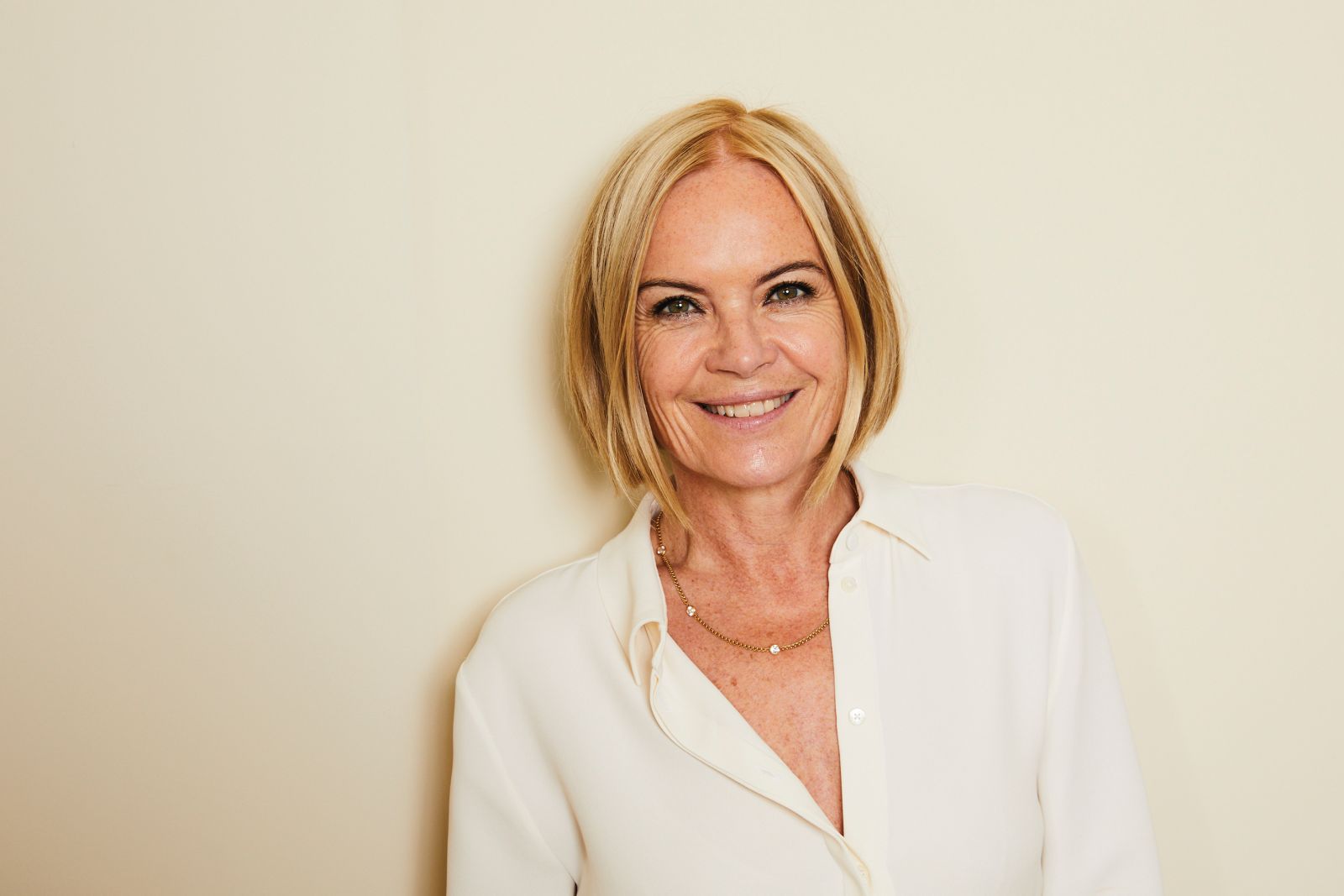CIPD Champions Menopause Friendly Workplaces
The Chartered Institute of Personnel and Development is collaborating with Helen Tomlinson, the UK government’s first Menopause Employment Champion, to champion...
Read Full Article
A design company has surveyed 2,000 office workers who experience menstruation or menopause to explore how workplace design can better support them.
People of menopausal age are the fastest-growing demographic of the UK workforce, and yet one in ten will consider leaving employment due to their symptoms.
Of the 2,000 people that Motionspot surveyed, 48 per cent do not have access to the feature they identify as most useful to manage their pain and discomfort at work. These are a place to lie down (78 per cent), a hot bath and shower (both 66 per cent), and a dark or dimly lit space (60 per cent).
The data also shows that the lack of facilities to aid the management of pain and discomfort associated with hormonal change is not limited to people experiencing menopause.
For 53 per cent of people, it is conditions associated with menstruation that have the greatest impact on their comfort at work. These include PMS (premenstrual syndrome (19 per cent), PCOS (polycystic ovary syndrome) (6 per cent), endometriosis and PMDD (premenstrual dysphoric disorder) (both 5 per cent), pregnancy (4 per cent), miscarriage, and chest-feeding/expressing (both 3 per cent), and IVF (in vitro fertilisation) (2 per cent).
Hormonal fluctuations on both employers' and employees’ productivity, efficiency, and financial outcomes cannot be underestimated given that 61 per cent of respondents say their mood is affected at work and 58 per cent find their concentration at work is impacted by hormonal variations.
"Without robust policies, inclusively designed workplaces, and a strong cultural mandate, the failings will continue - women will leave the workforce and the bottom line will suffer.”
–Mariella Frostrup
Chair, Menopause Mandate
For office workers who experience menstrual symptoms, fresh air is the most common feature that would attract them to work more days in their current workplace (37 per cent), increasing to 41 per cent for people experiencing peri/menopause.
This is followed by comfortable desk seating (30 per cent), natural light (28 per cent), a private room to decompress (25 per cent), temperature-controlled spaces (19 per cent versus 28 per cent for peri/menopausal people), and more focus rooms with less distractions (19 per cent).

Picture: a photograph of Mariella Frostrup. Image Credit: Motionspot
Mariella Frostrup, broadcaster, creator of BBC1’s The Truth about Menopause, Chair of Menopause Mandate, and Co-Founder of The Women In Work Summit said of the findings: "The imperative place of women in our workplaces is unquestionable but the inequity caused by our differing biology remains almost entirely unaddressed. From menstruation to fertility issues, parenthood and menopause, there is a strong correlation between women’s health and workforce participation. Employers have a crucial role to play. Without robust policies, inclusively designed workplaces, and a strong cultural mandate, the failings will continue - women will leave the workforce and the bottom line will suffer.”
For more information on inclusive design for hormonal changes, the British Standards Institute’s BS 30416 guide has been designed to help organisations identify policy guidance and practices, supportive workplace cultures, and practical workplace adjustments that support employees who menstruate and experience peri/menopause symptoms. Download here: https://bit.ly/43ccpWb
Picture: a photograph of a wet room with accessibility adaptations such as a hoist and changing table. Image Credit: Motionspot
Article written by Ella Tansley | Published 24 August 2023
The Chartered Institute of Personnel and Development is collaborating with Helen Tomlinson, the UK government’s first Menopause Employment Champion, to champion...
Read Full ArticleA new report from the Women and Equalities Committee calls for a Menopause Ambassador to provide support and guidance for the workplace. The cross-party House of...
Read Full ArticleIn an industry first, Amey and Mace have launched a digital health platform to support people experiencing menopause and other major health journeys. Amey and Mace...
Read Full ArticleA new unisex washroom bin that’s suitable for disposing of incontinence and menstrual waste has been launched. The Signature Inclusive Sanitary Bin features a...
Read Full Article50 people from ethnic minority communities will be placed into construction roles across Willmott Dixon’s projects and its supply chain network over the next...
Read Full ArticleAs the workplace continues to evolve with new norms and expectations, the question remains: will Gen Z adjust, or be the ones reshaping it? Paul Sherwin from office...
Read Full ArticleAnalysis from the Association for Project Management suggests that neurodivergent staff could help businesses become more successful if workplaces were more...
Read Full ArticleGlobal travel brand Skyscanner has a new Edinburgh hub in the heart of Quartermile. The new office spans two floors and 25,000 sq ft of space, and has been completely...
Read Full ArticleMute's new headquarters in Poland is Europe's first office built entirely using a modular system. The project showcases how modular office systems can reduce...
Read Full ArticleIs ED&I dropping down the FM agenda? We met with Emma McLaughlin-Edwards from Constructing Rainbows to find out. Emma is an equality, diversity and inclusion...
Read Full Article